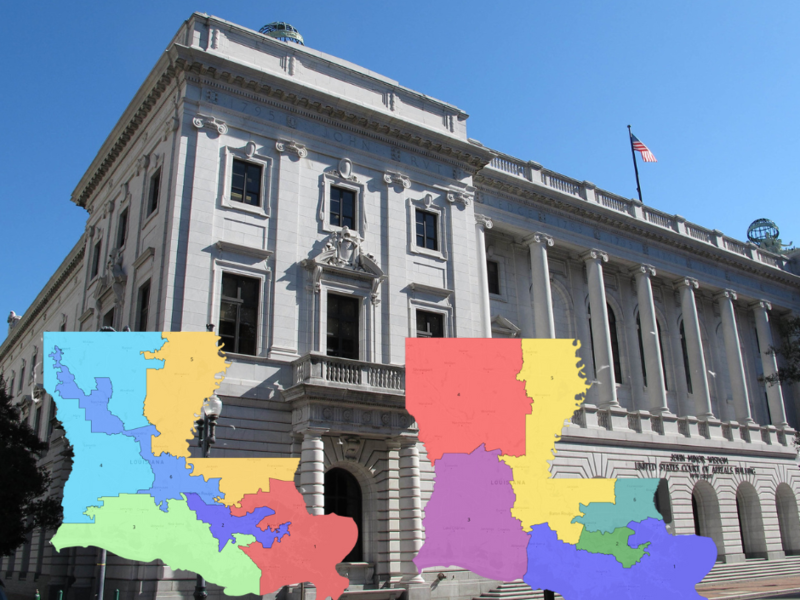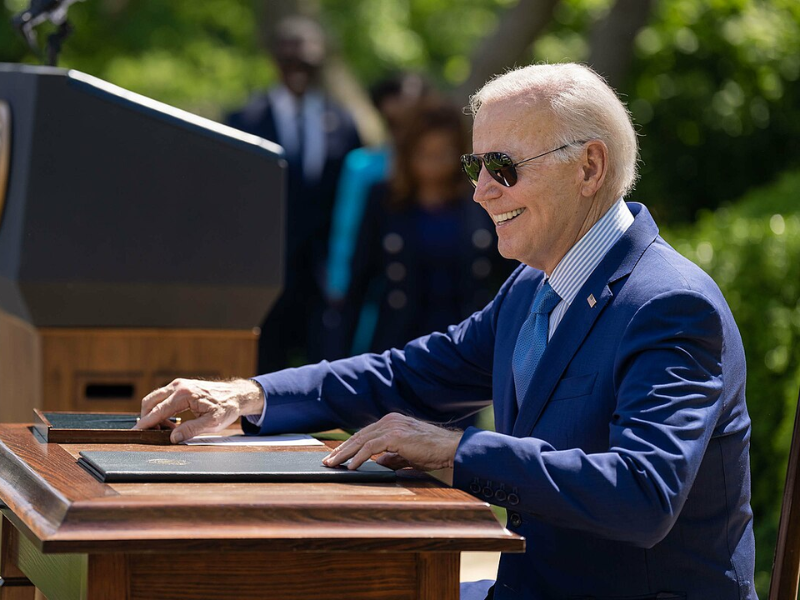
The political climate has changed rather dramatically over the summer. As recently as early August, President Clinton's lead over former Sen. Robert Dole stood at about 20 points. At the time of this writing during the Democratic National Convention, the spread appears to be between 9 points and 15 points. Back in early July, Democrats averaged a 7-point lead in national polling on the generic Congressional ballot test question ("If the election were held today, would you support the Democrat or the Republican for Congress?"), suggesting a potential Democratic tidal wave roughly comparable to that enjoyed by Republicans in the 1994 election. Had the election been held at that point in early July, Republicans likely would have lost control of the House. In the Senate, the change hasn't been due so much to a shift in momentum as to a heightened degree of uncertainty and volatility. A record 14 open seats, plus a handful of competitive incumbent-challenger races, have resulted in an unprecedented level of widely divergent political outcomes.










Subscribe Today
Our subscribers have first access to individual race pages for each House, Senate and Governors race, which will include race ratings (each race is rated on a seven-point scale) and a narrative analysis pertaining to that race.